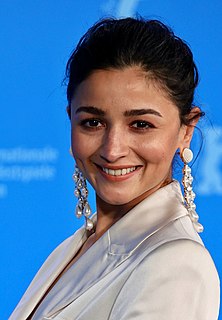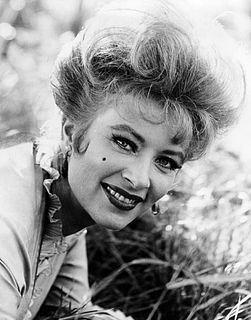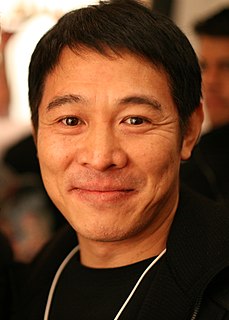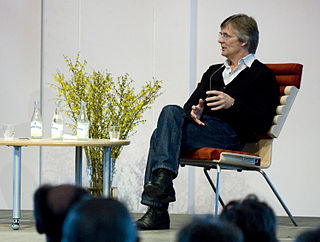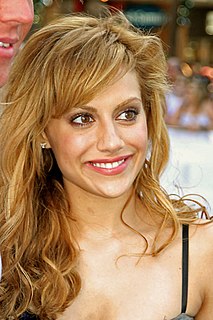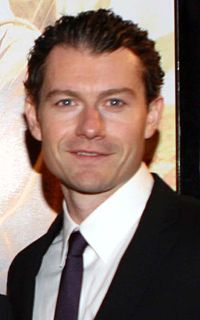A Quote by Frederick Wiseman
It's rare in a documentary film that you have a repetitive act. So when you do, you can shoot it in different ways so that you have more choices when you're sitting down to edit that sequence six months later.
Related Quotes
I generally go into a movie with a very strong vision, with how I want to make the film, how I want to shoot the film, how I want to edit the movie, what I want the sound to sound like. So I have a very concrete idea even if I don't storyboard it, I know exactly what I want to do once I get into the sequence. Now having said that, I try not to let that slave me to the process. So if I do storyboard a sequence I don't necessarily stick to it if I discover more exciting things on set.
I was in Congress for six months, and they put me on blood pressure medication. I flew helicopters in combat and I was fine, and I survived 13 months in recovery in the hospital... I got to Congress, and six months later I'm on blood pressure medication. Fourteen months later, they doubled the dosage!
As soon as you're finished shooting, you have to go into the edit room and choose all of the shots that you're going to commit to because the visual effects vendor has to get it because they'll spend months on it. So, you're editing out of sequence before you've gotten a film for the movie and the performances.
I got a phone call from George Miller [the director] asking me to play this role. We sat down and he showed me on his computer a documentary-type montage sequence of real penguins swimming, in an Esther Williams synchronized sort of way, and doing things I have never seen them do. Then he explained his vision of the film, asked me to read the script and to voice the character. I was cast a little bit later, and he let me do the singing as well!
A book is a human-powered film projector (complete with feature film) that advances at a speed fully customized to the viewer's mood or fancy. This rare harmony between object and user arises from the minimal skills required to manipulate a bound sequence of pages. Each piece of paper embodies a corresponding instant of time which remains frozen until liberated by the
act of turning a page.




